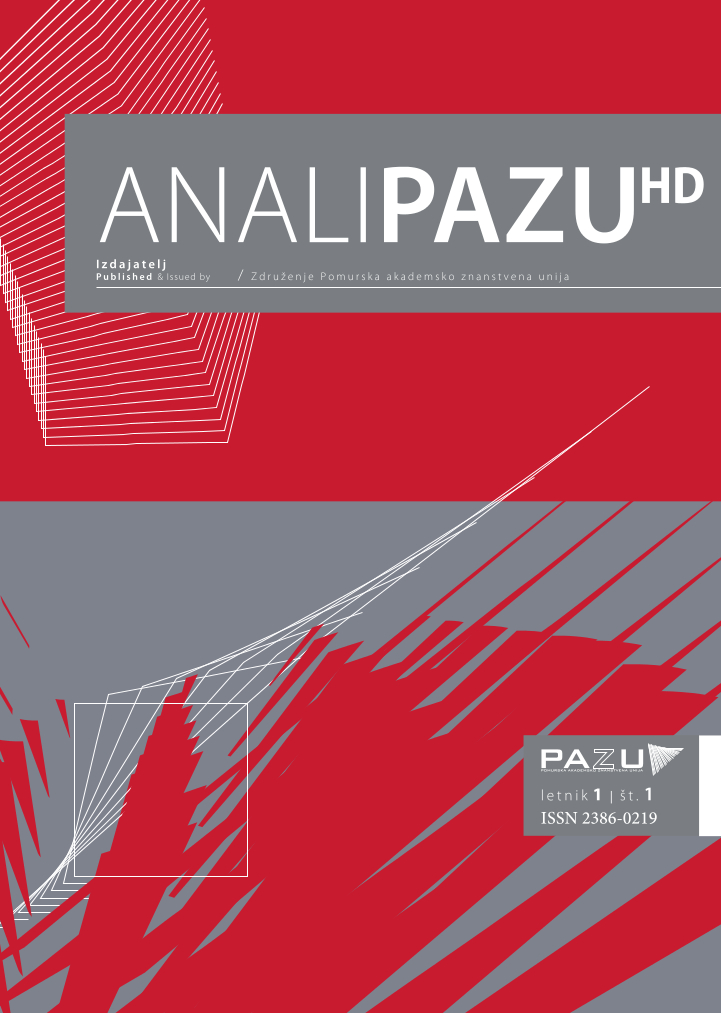"Drugi", "oni", "tuji" - izraz drugosti, drugačnosti in tujosti v slovenski in nemški frazeologiji
DOI:
https://doi.org/10.18690/analipazuhd.1.1.45-56.2015Ključne besede:
frazemi, etnonimi, stereotipi, protistavna analiza, kognitivna metaforaPovzetek
Dojemanje drugačnosti, drugosti in tujosti je znotraj neke jezikovnokulturne skupnosti pogosto ubesedeno v obliki frazeoloških enot. Frazeologija velja namreč za tisti segment jezika, ki je posebej primeren za oblikovanje predstav o lastni (nacionalni, kulturni) identiteti in tudi o njenem nasprotju, torej o tujosti. Identiteta se izraža v frazeologiji kot avtostereotip, dojemanje tujega in drugačnega pa kot neizkušenjski konotativni stereotip. Pričujoči prispevek se osredinja na nemške in slovenske frazeme, ki vsebujejo etnonime ter ubesedujejo t.i. etnične stereotipe: stereotipna mnenja, stališča in predsodke, ki jih ima neka jezikovnokulturna skupnost o drugi, tuji kulturni skupnosti. Kot posebej primerne za protistavno analizo frazeoloških enot so se izkazale metode kognitivnega jezikoslovja, ki razlaga pomen frazemov s pomočjo prototipičnih modelov (kognitivna metafora, konceptualna integracija), ki so v tem primeru dopolnjene s socialnopsihološkim vidikom. V ospredju analize so frazemi z negativno konotacijo in vprašanje, katerim jezikovnokulturnim skupnostim pripisuje negativne lastnosti nemška in katerim slovenska frazeologija.
